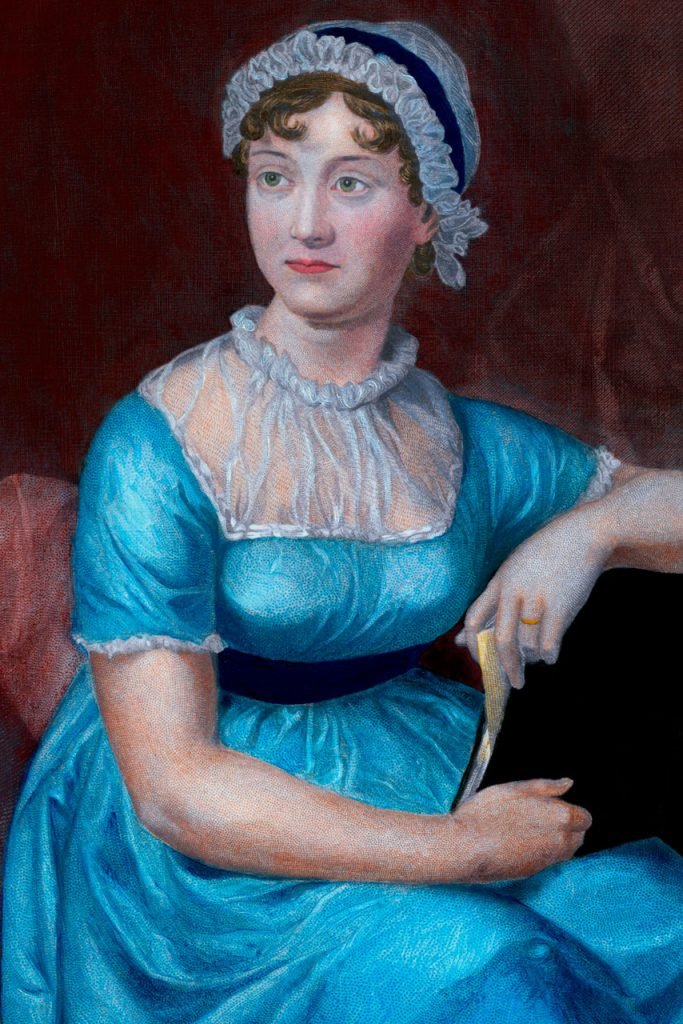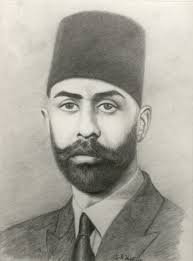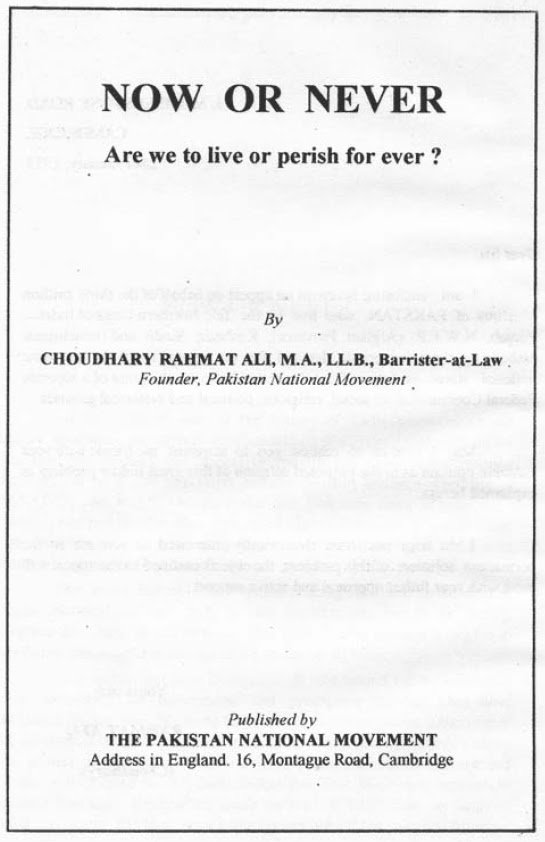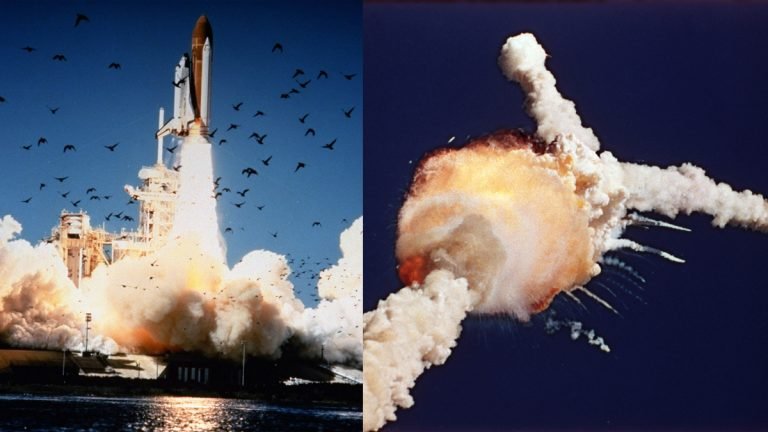This Day in History is DUE’s daily dose of trivia for all the history buffs out there. So sit back and take a ride of all the fascinating things that happened 28th January!
People are trapped in history and history is trapped in people, and hence, every day has been a significant one in the foibles of history. Now, let’s take a tour of “This Day in History – 28th January”.
1813: Jane Austen’s “Pride and Prejudice” is published by Thomas Egerton in the United Kingdom

On this day, Jane Austen’s Pride and Prejudice was published anonymously and enjoyed immediate success, thanks in part to the popularity of the central character, Elizabeth Bennet, who was reportedly Austen’s own favourite among all her heroines. It is one of the best-known works of English literature and it was sold about 20 million times.
1820: Fabian von Bellingshausen discovers the Antarctic

The first sighting of Antarctica is now widely acknowledged to have taken place on the 28th of January 1820 during the voyage of two Russian ships, the Vostok and Mirnyi, under the command of Captain Fabien (Thaddeus) Gottlieb von Bellingshausen, during a two-year exploratory expedition around the world to discover new lands for the Russian Empire. Bellingshausen gained the reputation of being the discoverer of Antarctica because he first sighted the edge of an “ice continent”.
1933: The name “Pakistan” is coined by Choudhry Rahmat Ali and gradually accepted by Muslims in the Indian sub-continent who use it to push for a separate Muslim homeland in South Asia


The word “Pakstan” (without the letter “i”) was used for the first time in the “Pakistan Declaration” (titled Now or Never; Are We to Live or Perish Forever?), a pamphlet written and published by Choudhary Rahmat Ali, on 28 January 1933, and was circulated to the delegates of the Third Round Table Conference in 1932.
It was addressed with a covering letter, which states, “I am enclosing herewith an appeal on behalf of the thirty million Muslims of PAKSTAN, who live in the five Northern Units of India—Punjab, North-West Frontier (Afghan) Province, Kashmir, Sind, and Baluchistan. It embodies their demand for the recognition of their national status, as distinct from the other inhabitants of India, by the grant to Pakstan of a separate Federal Constitution on religious, social and historical grounds.”
1986: Explosion of the space shuttle Challenger

On this day in 1986, the U.S. space shuttle Challenger exploded 73 seconds after lift-off from Florida, killing all seven aboard, including a schoolteacher who had been chosen as the first American civilian to travel in space.
